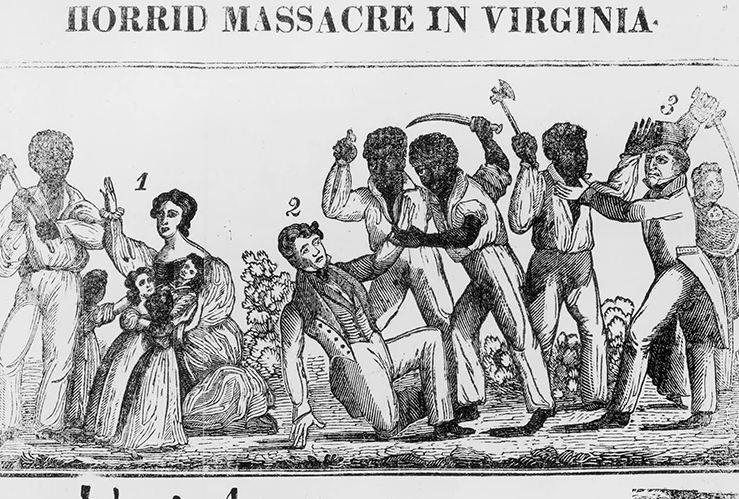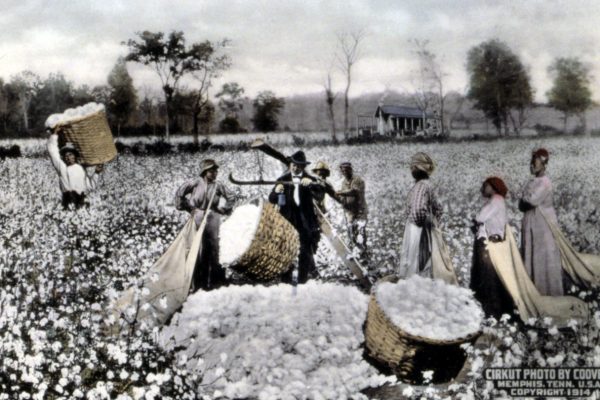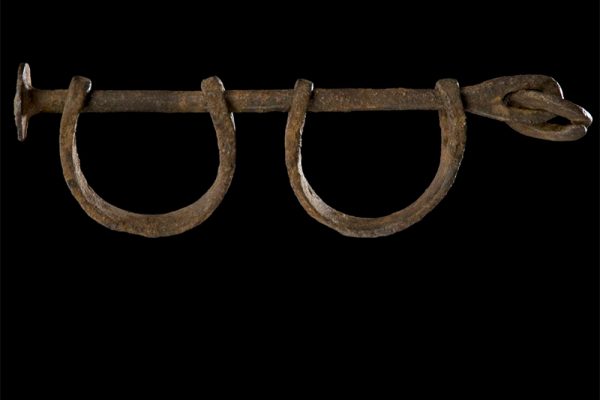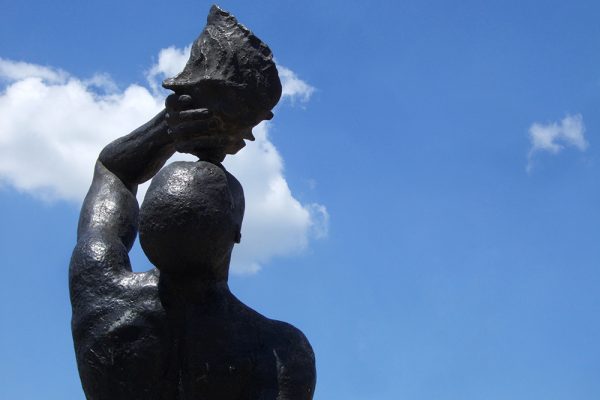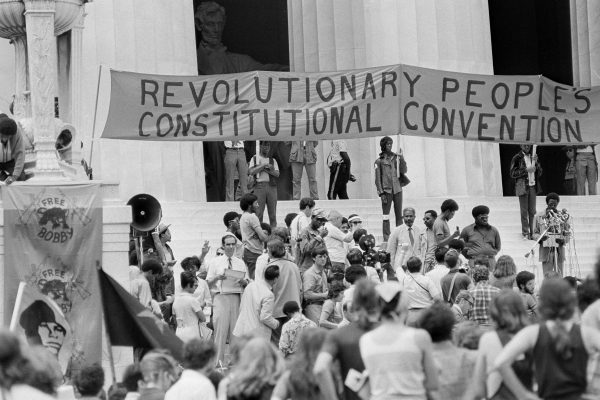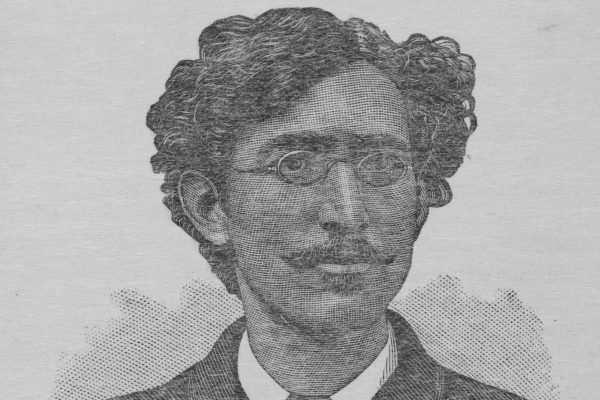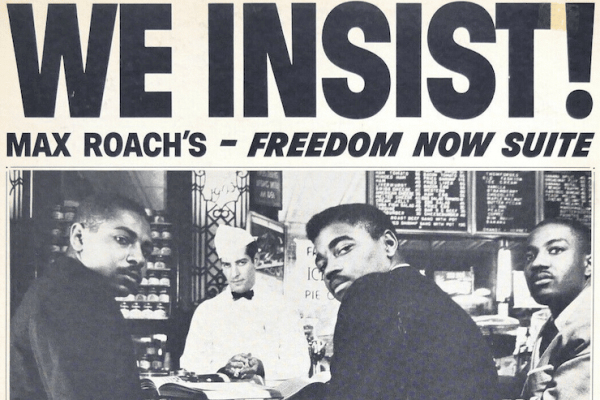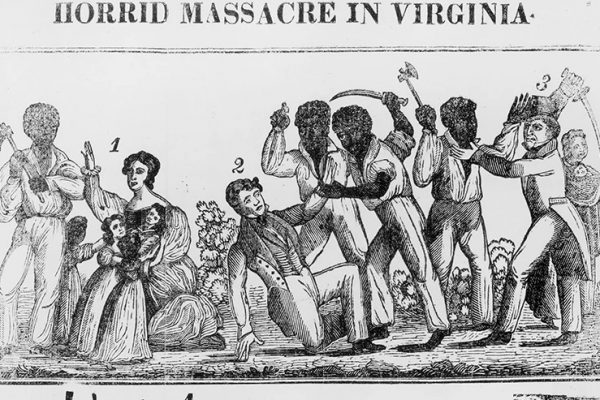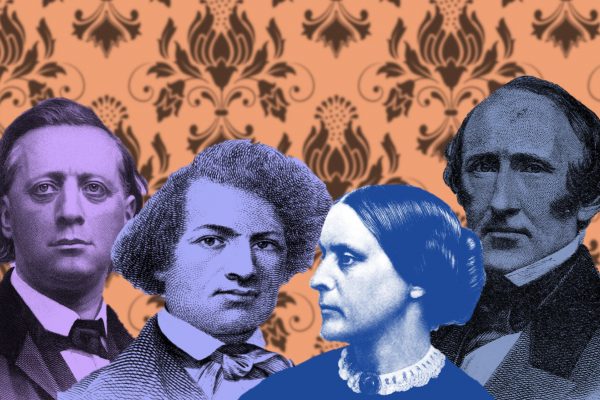For as long as slavery has existed, there have been those who’ve resisted it, foremost enslaved people themselves. As Frederick Douglass often said, “Who would be free themselves must strike the blow.” That spirit of resistance led not only to the abolition of slavery but also to the defeat of Jim Crow, and it continues to animate today’s struggles against slavery’s legacy of persistent racism and inequality.
In honor of Juneteenth, we have compiled a list of readings that explores this spirit of resistance, from the eighteenth century to the present. With essays about the Atlantic slave rebellions of the Age of Revolution, Nat Turner’s revolt in 1831, the overlooked foundations of post-Reconstruction abolition democracy, the civil rights movement, and this century’s movements for racial justice, our Juneteenth reading list charts the perennial struggle for freedom.
The readings on this list touch on some of the most urgent political questions of our moment: How crucial was slavery to the foundation of the United States? To what extent did the birth of capitalism depend upon the labor of the enslaved? And what can the history of resistance to slavery and white supremacy teach today’s movements about how to effect lasting change?
Critics of the 1619 Project obscure a longstanding debate within the field of U.S. history over the antislavery implications of the American Revolution.
A more complete, bottom-up picture of the role sailors and Black political actors played in making the Atlantic world.
Recent histories of slavery and capitalism ignore radical black scholarship.
The language of universal rights can be a powerful tool for advancing social justice.
T. Thomas Fortune called for investment in education and a multiracial, working-class movement.
Long before the Civil War, black abolitionists shared the consensus that violence would be necessary to end slavery.
Sixty years ago, a pathbreaking jazz album from Max Roach, Abbey Lincoln, and Oscar Brown, Jr., fused politics and art in the fight for Black liberation. Black artists are taking similar strides today.
Many took part in other radical movements—including Free Love, which promoted women’s independence and an end to traditional marriage.
